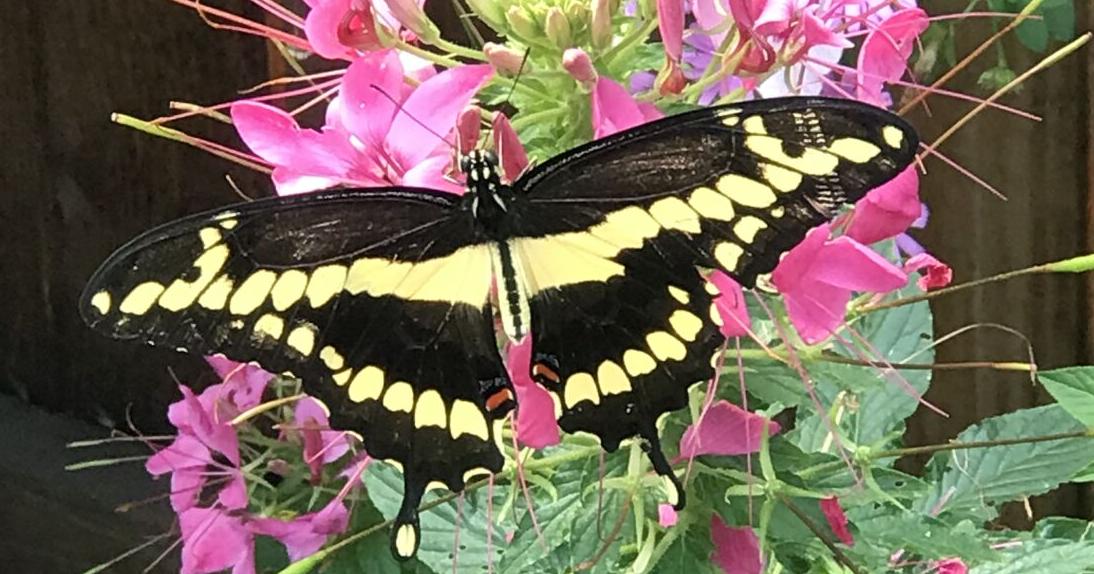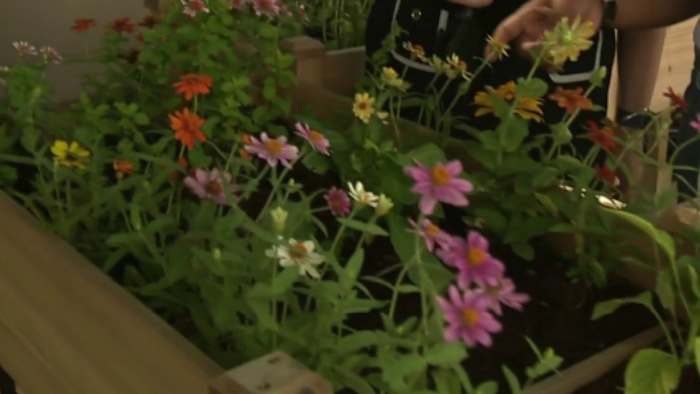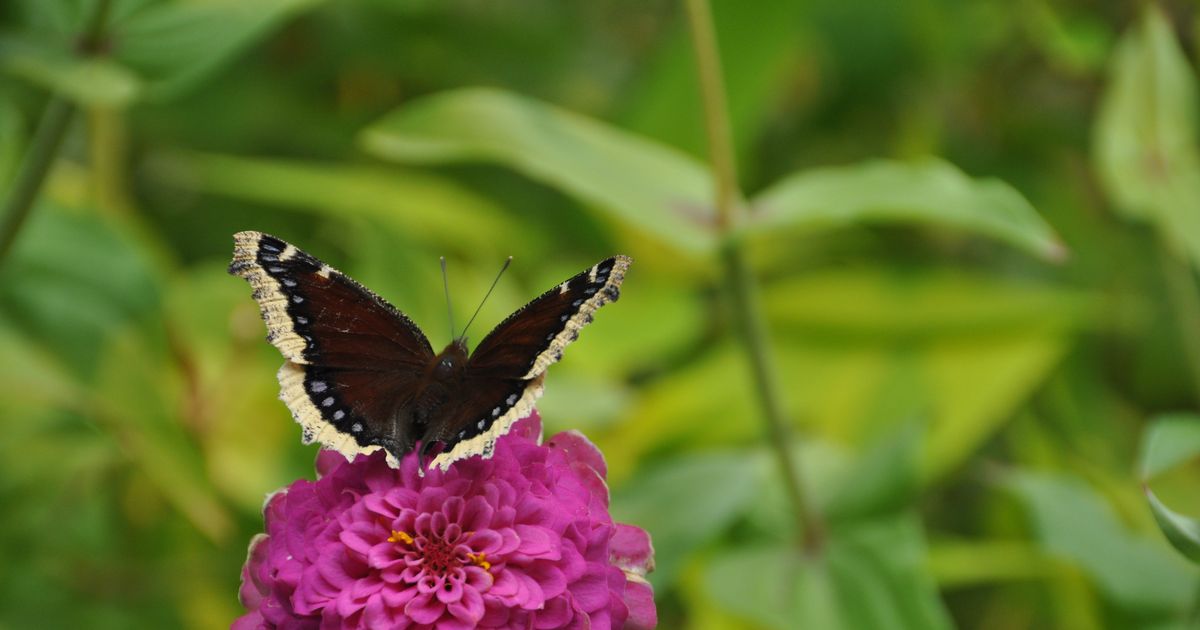Looking to cure your spring fever? The Trident Technical College Horticulture Program will host its annual spring sale on April 11. This event offers flowers and vegetables, and this year houseplants have been added to the menu as well as tropical pitcher plants.
Everything has been grown by horticulture students and will be showcased inside the recently opened, state-of-the-art greenhouse on the Thornley campus.
Warm-season annuals grow in spring and summer, while cool-season annuals thrive in the fall and winter. The plant sale will primarily feature warm-season annual flowers and a few perennials since cool-season flowers, such as pansies and ornamental kale, are nearing the end of their stay.
No matter where you get your flowers, start by choosing the right location to plant them. Most flowering annuals need at least six hours of direct sunlight. Between three and six hours is considered partial shade. Below three hours is full shade, which will require shade-tolerant flowers like impatiens, begonias and caladiums.
Once you have the right spot, prepare the soil by adding compost to improve drainage and nutrient retention. A soil test will reveal any deficiencies that need to be corrected before planting.
Have a plan to water regularly throughout the summer. Consistency is key. You can water with a hose, but a family vacation could be a problem. Automated irrigation, however, does the work for you and never takes a day off. A drip system, an inexpensive option that can be connected to a water spigot timer, is more effective because it doesn’t wet the foliage.
Annual flowers should be planted at ground level. Many will not do well if planted too deep. Break up the root ball if they are bound too tight. Add a slow-release granule fertilizer to the soil surface at planting. To ensure continuous blooming, liquid feed every couple of weeks. Add two-to-four inches of organic mulch to retain moisture and moderate soil temperatures. Mulch also suppresses weeds.
To encourage new growth and extend the blooming period, remove spent flowers — referred to as deadheading. Also, cutting plants halfway to the ground in July will keep them from getting leggy and produce bushier, more productive flowering plants. You might cringe when cutting them back, but give it a try. The results are worth it.
If you have limited garden space or no yard at all, container gardening is an excellent option. Large pots, window boxes and hanging baskets can all be used to showcase colorful displays.
Use a high-quality potting mix and ensure proper drainage. Grouping flowers with similar sunlight and water needs will help keep container arrangements healthy and thriving. Automated irrigation can be applied to any container. Typically, micro-drip irrigation is used, which utilizes smaller tubes and slower emitters. At the horticulture program, we grow a stunning wall of coleus in shallow gutters throughout the summer. Even though root space is extremely limited, daily irrigation keeps them thriving.
Sunlight, quality soil, consistent irrigation and adequate fertilizer are all you need for eye-popping displays of color. However, diseases and insects occasionally have other plans. Properly spaced plantings will ensure good circulation, and drip irrigation will keep the foliage drier to reduce the risk of disease. Also, annually rotating different flowers in the same garden can avoid certain soil-borne diseases.
Aphids, whiteflies, thrips and spider mites are the most common insect pests. Products like insecticidal soap or horticultural oil can be effective, as well as safe for you. Be sure to read the label for proper use. Sometimes cutting the plant back can effectively remove the insects. Frequently, I’ll leave aphids because they’re a good source of food for beneficial insects.
So if your spring fever is peaking, come see the horticulture program greenhouse from 9 a.m.-3 p.m. April 11. It’s located on Thornley campus, 7000 Rivers Ave., North Charleston. If you have any questions, feel free to contact me at [email protected] or 843-574-6278.









